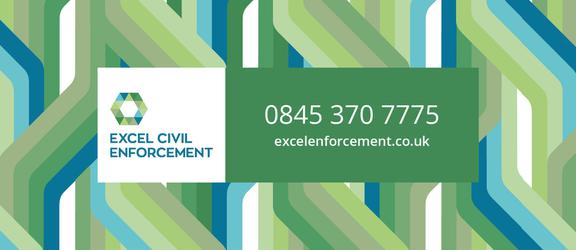
Jurisdiction and debt

There is nothing more certain in life than death and taxes, as the saying goes, and most people are content with paying their lot through PAYE, council tax etc.
But not all people stay in one place
In this global world, many use the domicile tax laws to avoid paying certain taxes in the first place - in other words, if they do not live in England, they may not pay taxes as a resident, depending on how many days in the country they are - for simplicity-sake, currently 183 or more in the UK tax year.
Indeed, with many countries having double jeopardy agreement - where an individual will not pay twice on taxes, such as pensions and income tax in the country they work in as well as the country they are considered a citizen of - tax can be considered a local matter.
Out of jurisdiction?
But what if you owe tax and then leave the jurisdiction? As the chasing up of tax credit over payments has shown, tax is yet another form of debt and the government employs agencies to collect that debt. So it is vitally important to find out what arrangements exist between England and Wales and the country and jurisdiction the debtor resides in.
If the debtor is in an EU member country, or in a country with a reciprocal agreement with the UK, or there is a term in the contract which submits the relationship (between creditor and debtor) to the courts of England and Wales then it is relatively easy.
For the moment at least, if the debtor is in an EU member state then it is straight forward in that there is no need to seek a court’s permission to serve a claim form and enforcement is automatically permitted.
Countries such as Canada and the United States have reciprocal arrangements with the UK and, again, the process is relatively straight forward where you enforce your claim after securing the local court’s permission for a small fee.
If the contract allows submission, a claim is made in England and once judgment has been made as ‘enforceable abroad’, action can be taken in the debtor's country of residence.
Perils and pitfalls
Of course, all this is simple - if you know where the debtor is.
The good news is technology, agency and private investigation has aiding the search for debtors with last-known addresses to even traces of a debtors debut or credit card being made.
The other pitfall is time. A creditor has only six years from the debt being outstanding, but if a claim or other form of legal action is taking place then the debt can be recovered indefinitely.
The curious case of Scotland
The good news, though, is that debt recovery is fairly straightforward in Scotland.
Out of the various ways to recover debt, the most popular are: court action in England and instruct a Scottish lawyer to enforce the English Judgement; secondly, court action in Scotland and instruct a Scottish lawyer for enforcement and thirdly; initiate an insolvency process either post decree or following the statutory demand route.




